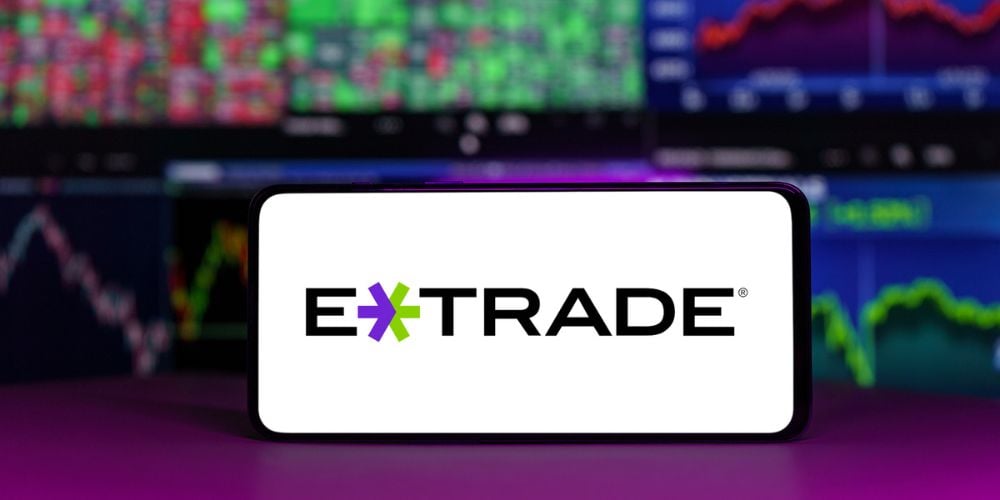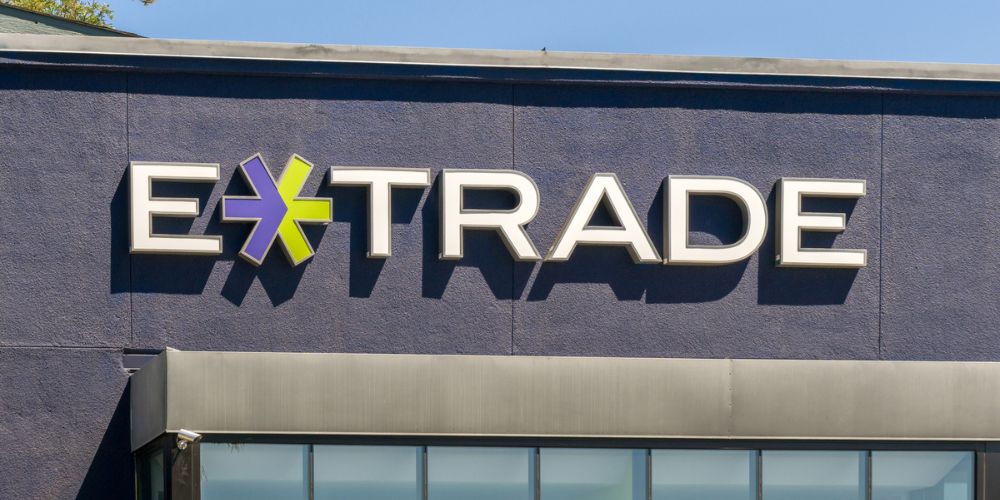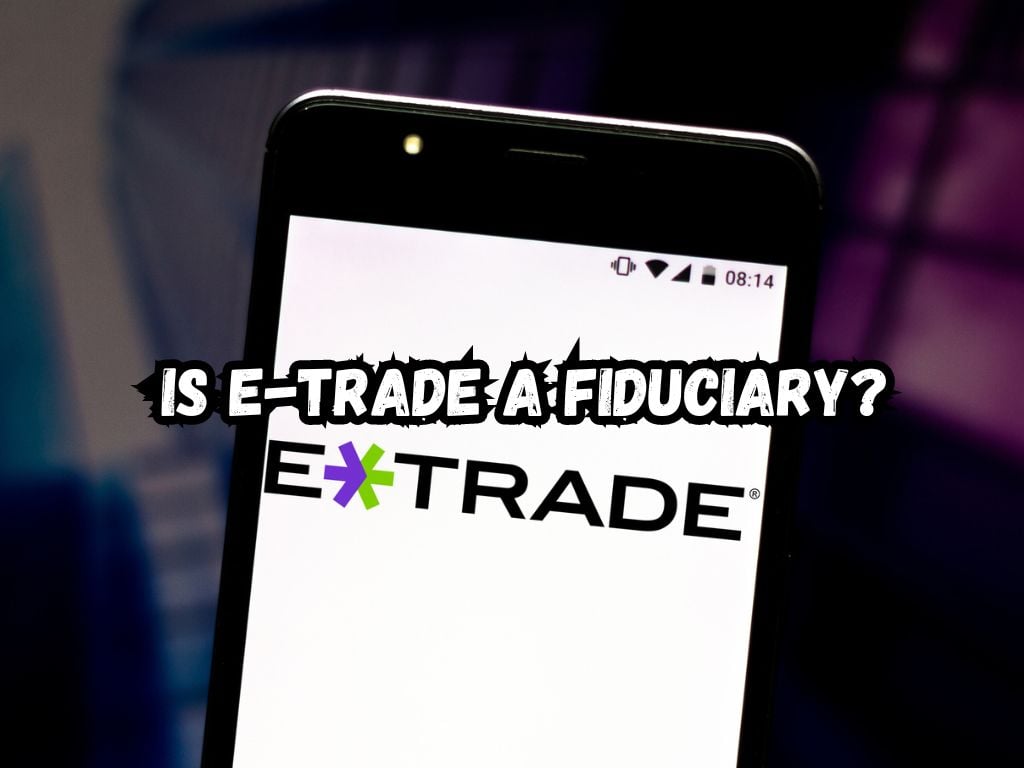E-TRADE is a renowned online brokerage firm that has been providing investment and trading services to individuals for many years. As investors consider various platforms, one question “Is E TRADE a fiduciary?”
In this article, we will delve into E-TRADE’s role as a fiduciary, understanding fiduciary duty, analyzing E-TRADE’s fiduciary claims, exploring customer experiences, comparing E-TRADE with competitors, answering frequently asked questions, and providing a comprehensive overview of the topic.
Understanding Fiduciary Duty
Definition and Importance of Fiduciary Duty
Fiduciary duty refers to the legal and ethical mandate for an individual or entity to act solely in the best interests of their clients or beneficiaries.
The fiduciary is obligated to prioritize their clients’ interests ahead of their own and avoid conflicts of interest. This duty is paramount in the financial industry as it builds trust and ensures that clients are provided with fair and unbiased advice.
Responsibilities of a Fiduciary
A fiduciary carries several responsibilities, including acting in good faith, providing full and accurate disclosure, avoiding conflicts of interest, exercising due care and skill, and maintaining loyalty to their clients. These obligations are meant to protect the clients’ financial well-being and foster a relationship of trust and confidence.

Is E-TRADE a Fiduciary? Examining E-TRADE’s Role as a Fiduciary
E-TRADE’s Claim and Advertising Practices
E-TRADE, like many other brokerage firms, does not explicitly identify itself as a fiduciary. Instead, it positions itself as a facilitator, providing a platform for investors to execute trades and manage their investments. As such, it is important to consider that not all financial firms are required to operate as fiduciaries.
Analysis of E-TRADE’s Offerings and Investment Options
When it comes to investment options, E-TRADE provides a wide range of choices, including stocks, bonds, mutual funds, ETFs, and more.
While E-TRADE offers access to diverse investments, it is important for investors to thoroughly research and evaluate these options based on their individual needs and risk tolerance.
Reviewing E-TRADE’s Client Agreement and Legal Documents
To gain a better understanding of E-TRADE’s fiduciary responsibilities, investors should carefully review the client agreement and legal documents.
These documents outline the rights and responsibilities of both parties and provide clarity on E-TRADE’s fiduciary obligations, if any. Understanding the terms and conditions can help investors make informed decisions about their relationship with the platform.
Case Studies and Customer Experiences
Testimonials and Reviews from E-TRADE Customers
Examining customer experiences and testimonials is a valuable way to gain insight into how E-TRADE upholds its fiduciary duty. By analyzing a diverse range of customer reviews, investors can get a sense of how E-TRADE handles client interactions and whether customers feel their best interests are being prioritized.
Specific experiences and opinions may vary, but recurring themes in customer testimonials can provide meaningful information.
Look for reviews that highlight E-TRADE’s commitment to transparency, fair pricing, and ease of use. Positive reviews may indicate that customers feel their interests are being served well by E-TRADE’s platform and services.
Evaluating How E-TRADE Adheres to Fiduciary Duty
While E-TRADE may not be legally obligated to act as a fiduciary, it is expected to operate within the framework of securities regulations and industry standards.
By examining real customer experiences, investors can evaluate how well E-TRADE adheres to its fiduciary duty in practice.
Key factors to consider include the clarity of fee disclosures, the availability of unbiased investment advice, and whether E-TRADE explicitly discloses any potential conflicts of interest.
Pay attention to how E-TRADE handles potential disputes or issues, as this can shed light on their commitment to resolving conflicts in the best interests of their clients.
Investors should keep in mind that while customer testimonials offer valuable insights, it is important to approach them critically and consider multiple perspectives.
It can also be helpful to compare E-TRADE’s customer experiences with those of its competitors to gain a broader understanding of industry norms and standards.

E-TRADE vs Competitors
Comparing E-TRADE’s Fiduciary Services with Other Online Brokers
When comparing E-TRADE’s fiduciary services with its competitors, it is crucial to consider the different approaches to fiduciary duty. Some online brokers explicitly operate as fiduciaries, while others may have a hybrid model or no fiduciary duty at all.
Investors should carefully evaluate how closely a platform aligns with their desired level of fiduciary responsibility.
Highlighting Key Differences and Advantages
Key differences between E-TRADE and its competitors include their fiduciary stance, investment options, and fee structures. While E-TRADE does not position itself as a fiduciary, it offers a diverse range of investment options, including stocks, bonds, and mutual funds.
Additionally, the platform’s fee structure is transparent, with competitive pricing for trades and services.
In contrast, competitors positioning themselves as fiduciaries may prioritize clients’ interests and provide personalized advice. These firms may also offer more advanced financial planning tools and a broader selection of investment options.
Investors seeking a higher level of fiduciary responsibility and comprehensive financial guidance may find these features advantageous.
Ultimately, the choice of an online broker depends on an investor’s specific needs, goals, and preferences regarding fiduciary duty. Careful evaluation of the services, fees, and fiduciary stance of different online brokers is crucial in making an informed decision.
Frequently Asked Questions
Is E-TRADE a fiduciary?
E-TRADE, like many other online brokerage firms, does not explicitly operate as a fiduciary. However, fiduciary duty is not a hard requirement for all financial firms.
How does E-TRADE prioritize customer interests?
While not acting as a fiduciary, E-TRADE aims to provide a user-friendly platform and comprehensive tools to help investors make informed decisions. However, investors should conduct independent research and exercise judgment.
Can E-TRADE provide investment advice?
E-TRADE offers a range of educational resources and tools to assist investors in making informed decisions. However, any guidance provided by E-TRADE should be considered as general information and not personalized investment advice.
What measures does E-TRADE take to ensure fiduciary duty is upheld?
While E-TRADE may not be bound by fiduciary duty, it must comply with securities regulations and industry standards to maintain fair and transparent operations.
Conclusion
E-TRADE positions itself as an online brokerage platform rather than a fiduciary. While it offers a wide range of investment options and comprehensive tools for investors, it is important for individuals to conduct thorough research and make independent decisions.
Understanding E-TRADE’s fiduciary responsibilities, or lack thereof, allows investors to have a realistic expectation of the services provided.
By considering their individual investment goals and risk tolerance, investors can choose the platform that aligns best with their needs and preferences.


 Tags:
Tags:










